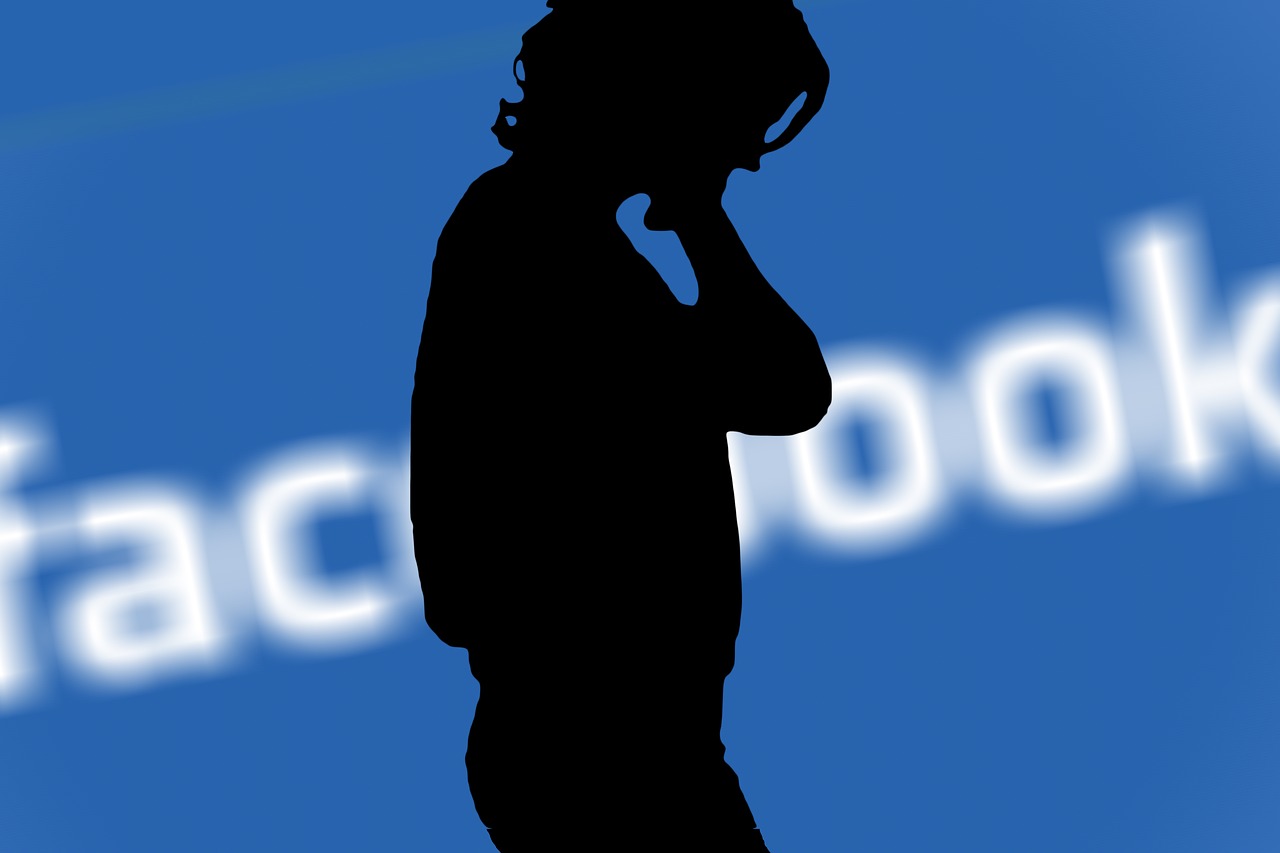
Tech giant Facebook has announced that it will begin labeling potentially harmful posts that it allows due to their news value, following the decision of Unilever to join the boycott.
The announcement from Facebook about labeling these potentially harmful posts comes after more than 90 advertisers decided to boycott the social media firm, including consumer goods giant Unilever.
Recently, Facebook has been facing increasing pressure to take a more definite approach to moderating content on its platform.
Advertisers' Boycott
The latest among the companies that declared a boycott against advertising in Facebook is consumer goods company Unilever. According to the firm, it will stop all advertising on Twitter, Facebook and Instagram in the US "at least" through 2020.
Unilever stated: "Continuing to advertise on these platforms at this time would not add value to people and society. We will revisit our current position if necessary."
Last week, outdoor apparel brand The North Face announced its commitment to the advertising boycott. It was in response to the #StopHateForProfit pressure campaign launched by top civil rights groups, including the NAACP and the Anti-Defamation League.
The North Face tweeted: “We’re in. We’re out @Facebook #StopHateForProfit.”
Outdoor equipment retailer REI followed suit several hours later by tweeting: “For 82 years, we have put people over profits. We’re pulling all Facebook/Instagram advertising for the month of July.”
The number of companies joining the campaign demonstrates the willingness of businesses to abandon Facebook, if only temporarily, to express support to racial justice advocates and their frustration with the social media firm.
Prior to the campaign, several high-ranking politicians, including House Speaker Nancy Pelosi, have also called for advertisers to use their “tremendous leverage” over social media companies to force them to change their ways.
A large portion of Facebook’s revenue comes from advertising.
Facebook's response
The social media firm's chief executive officer (CEO) Mark Zuckerberg defended the firm's record of taking down hate speech, pointing to a European Commission report this month which revealed that Facebook removed 86% of hate speech last year, increasing by 82.6%.
However, he said that the new policies are being undertaken to "address the reality of the challenges our country is facing and how they're showing up across our community".
Aside from labeling posts, Facebook will also ban ads that describe people from different groups, based on factors such as race or immigration status, as a threat.
Zuckerberg argued: "A handful of times a year, we leave up content that would otherwise violate our policies if the public interest value outweighs the risk of harm."
"Often, seeing speech from politicians is in the public interest, and in the same way that news outlets will report what a politician says, we think people should generally be able to see it for themselves on our platforms," he continued.
"We will soon start labeling some of the content we leave up because it is deemed newsworthy, so people can know when this is the case," he added.
The Facebook chief assured that the firm will remove content even from politicians if it ascertains that it incites violence or suppresses voting.






